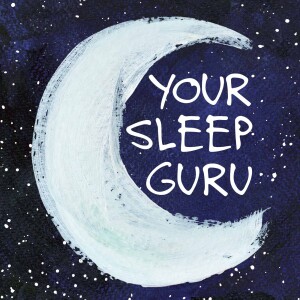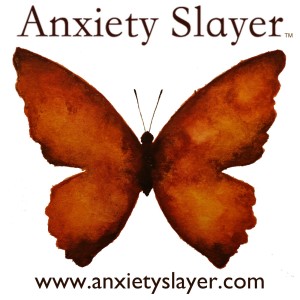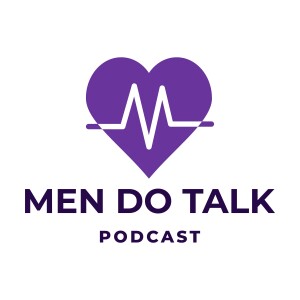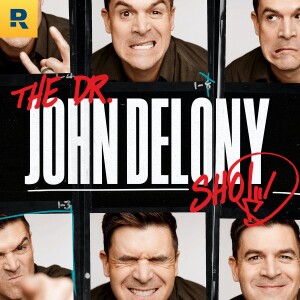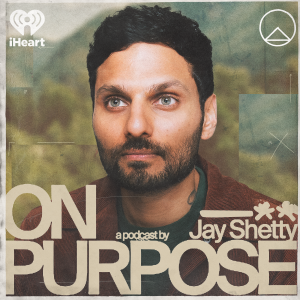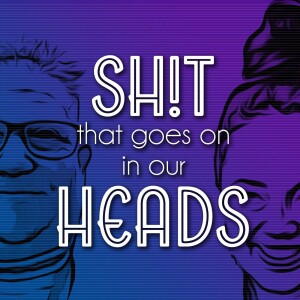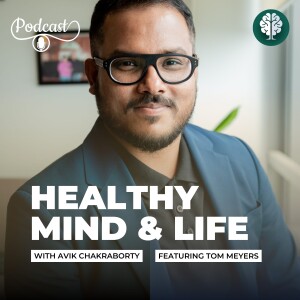

Navigating the Autonomic Symphony: Unraveling the Influence of Dysautonomia on Mental Health and the Vital Role of Manual TherapistsNavigating the Aut...
Welcome back to "Healthy Mind, Healthy Life," the podcast dedicated to exploring the various facets of well-being and personal growth. I'm your host, [Your Name], and today we have an extraordinary guest joining us. Please join me in welcoming Tom Meyers, an osteopath, body-centred stress coach, author, and well-being futurist. Tom is a multifaceted individual who combines his expertise in osteopathy and body-centred stress coaching with his passion for being a well-being futurist. His mission is to empower individuals to flourish in the flow of evolution and thrive in a fast-changing, uncertain, and challenging world. With his unique perspective and extensive experience, Tom is the go-to person for inspiring audiences to see current and upcoming challenges in a different light.
So, grab a cup of tea, find a comfortable spot, and get ready to be inspired by the incredible Tom Meyers. Let's dive into the world of "Healthy Mind, Healthy Life." Before we begin, make sure to subscribe to our podcast to receive updates on future episodes, and if you enjoy what you hear today, consider leaving us a review. Your feedback means the world to us!
During this captivating conversation, we together, we cover a wide range of topics, including:
1. What dysautonomia is and how it impacts the autonomic nervous system? What are some common symptoms individuals with dysautonomia may experience?
2. How does dysautonomia influence mental health and overall well-being? Are there specific mental health conditions or challenges that tend to be associated with dysautonomia?
3. What are some misconceptions or misunderstandings people may have about dysautonomia and its impact on mental health? How can we work to raise awareness and dispel these misconceptions?
4. As a manual therapist, what is the role of manual therapies in addressing dysautonomia and promoting autonomic balance? Can you explain how these therapies help reset the autonomic nervous system?
5. What are some specific manual therapy techniques or approaches that have been found to be effective in supporting individuals with dysautonomia? How do these techniques contribute to overall well-being?
6. Can you share any success stories or examples of individuals who have benefited from manual therapies in managing their dysautonomia symptoms and improving their mental health?
7. In addition to manual therapies, what other holistic approaches or lifestyle changes can individuals with dysautonomia incorporate into their daily lives to support their mental health and overall well-being?
8. Are there any particular challenges or considerations when it comes to providing manual therapy for individuals with dysautonomia? How do you approach tailoring treatments to meet their specific needs?
9. How can individuals with dysautonomia advocate for their own mental health and well-being? Are there any resources or support networks available to help them navigate their journey?
10. What steps can healthcare professionals and the broader community take to better understand and support individuals with dysautonomia, both in terms of their mental health and their overall quality of life?
11. How do you see the future of manual therapies and their role in supporting individuals with dysautonomia? Are there any emerging trends or developments that could further enhance their effectiveness?
12. Finally, what message or advice would you like to share with individuals who are living with dysautonomia and facing the challenges it presents to their mental health? How can they find hope and support on their journey to wellness?
Stay tuned for our future episodes, where we'll continue to explore the connection between a healthy mind and a healthy life, featuring experts, inspiring stories, and practical tips to support your well-being journey.
Get full access to Healthy Mind, Healthy Life at healthymindbyavik.substack.com/subscribe
More Episodes
All Episodes>>Create Your Podcast In Minutes
- Full-featured podcast site
- Unlimited storage and bandwidth
- Comprehensive podcast stats
- Distribute to Apple Podcasts, Spotify, and more
- Make money with your podcast
